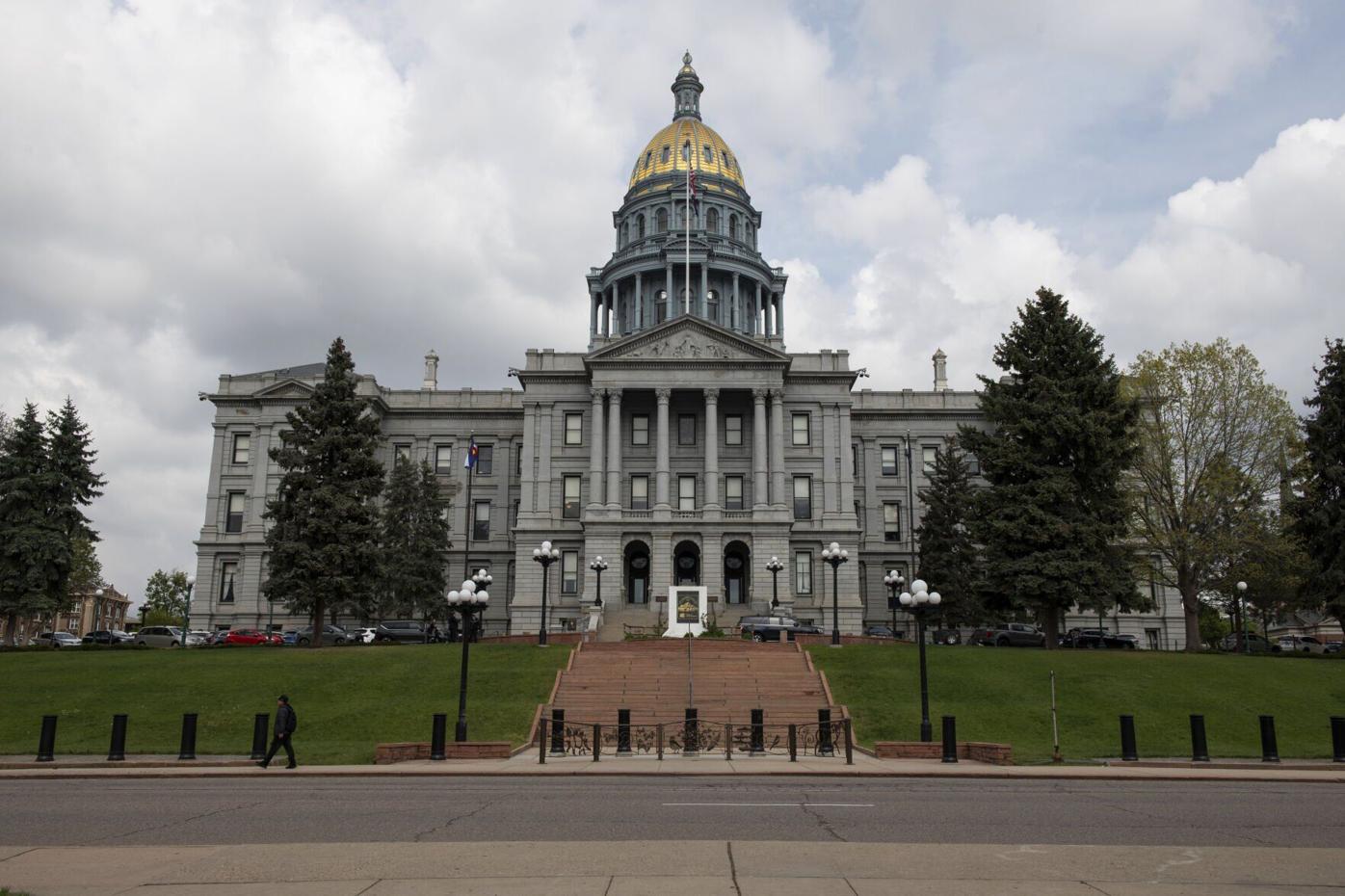COLUMN: A not-so-special session begins

the associated press
As legislators gather in the coming days for the special session called by Gov. Jared Polis to address a worsening budget shortfall, Coloradans can be assured of one thing.
That being said, the shots will be called — or already have been — by our Democratic governor and his party’s legislative leadership. Republican input will be solicited only in the most formal sense and their proposals will be dead before arrival.
That comes as no surprise as all levers of state government are firmly in Democratic control. When the state GOP and plenty of its local party affiliates too often resemble a clown car, minority party status is locked in.
A recent report from Colorado Public Radio about House Republicans using a private group chat to belittle a Democratic colleague’s wardrobe does not exactly add to a reputation for seriousness.
Understandable and even deserved as the rare and endangered status of Republicans may be at the state Capitol, it is still unfortunate as the party boasts some legislators of skill and insight whose pointers could help the state escape this mess.
To listen to the two parties in the lead-up to the special session is to be exposed to two very different explanations of how Colorado got here. To hear Democrats tell it, it is all entirely a consequence of President Donald Trump’s “big beautiful bill.” In this narrative, Colorado’s budget was back in solid shape following nearly a billion dollars of painful cuts before the regular session ended in May.
No one will be surprised that the Republican diagnosis is something else completely. In their account, this is the result of Colorado government growing in an unchecked manner.
To be sure, there are seeds of truth in both messages. Trump’s large and ostentatious budgetary reconciliation bill reduces Colorado’s tax collections given that we are one of only a few “rolling conformity” states in which state tax is levied against federal taxable income and follows federal rules for deductions, exemptions and exclusions.
Otherwise put, as the federal base for what is counted as taxable income shrunk in a big, beautiful way, Colorado’s did so as well.
But that does not refute the crux of the Republican argument even as their voices will carry little weight. They contend that this fiscal reckoning has been a long time coming and that the passage of Trump’s signature bill in early July merely provided Polis and Democratic legislators with a convenient scapegoat.
Republicans insist that Colorado has an “overspending problem” and that government growth has been on an unsustainable incline. They point to repeated warnings as to the state’s “structural deficit,” cautions unheeded by the governor and legislative powers.
Attention is drawn to a report given to the Joint Budget Committee way back in March 2021 when current House Speaker Julie McCluskie was the committee chair. That forecast spoke to the structural deficit and predicted a shortfall of nearly $1 billion.
Per Republicans, the Polis administration responded to such projections by using one-time pandemic relief funds to offset ongoing obligations. Given that federal COVID monies were inevitably going to disappear, this amounted to little more than kicking the can down the road.
Much more recently, a forecast this past June 18th, two weeks before Trump’s bill became law, showed a $698 million budgetary hole for the coming year assuming spending rates remained constant.
The continued growth in the number of state employees also comes in for Republican criticism. That headcount has increased by a rough average of 1,000 additional employees per year for the seven years of Polis’ tenure. Further, that staffing growth has continued unabated even as the state’s population has leveled off.
Republicans also question Polis’ hesitancy to use executive orders to remedy much of this fiscal quandary. Previous governors Bill Owens (Republican) and John Hickenlooper (Democrat) did so during lean times. Given the strong hand he wielded during the COVID emergency, Polis has hardly shown himself averse to the exercise of executive authority.
We will know the contents of the Democratic prescription soon enough. Suspicion is that it will be largely baked, mostly by Polis and his team, before the session convenes.
There is likely to be a partial decoupling of state exemptions and deductions from the federal standard to raise some additional revenues. Small to medium budget cuts will be exacted here and there, though probably nothing big enough to be headline worthy.
Some observers expect much of the $800 million gap to be made up by borrowing from reserve funds to then be repaid next year. Did I previously mention something about kicking the can and delaying the inevitable?
When all is said and done, Democrats will have dictated the terms with Republicans occupying the role of outspoken onlookers. The whole episode will again demonstrate the pitfalls of one-party government. Whether in Colorado or Texas, those ills become ever more apparent.
Eric Sondermann is a Colorado-based independent political commentator. He writes regularly for ColoradoPolitics and the Gazette newspapers. Reach him at EWS@EricSondermann.com; follow him at @EricSondermann
Eric Sondermann is a Colorado-based independent political commentator. He writes regularly for ColoradoPolitics and the Gazette newspapers. Reach him at EWS@EricSondermann.com; follow him at @EricSondermann
Eric Sondermann is a Colorado-based independent political commentator. He writes regularly for ColoradoPolitics and the Gazette newspapers. Reach him at EWS@EricSondermann.com; follow him at @EricSondermann
















